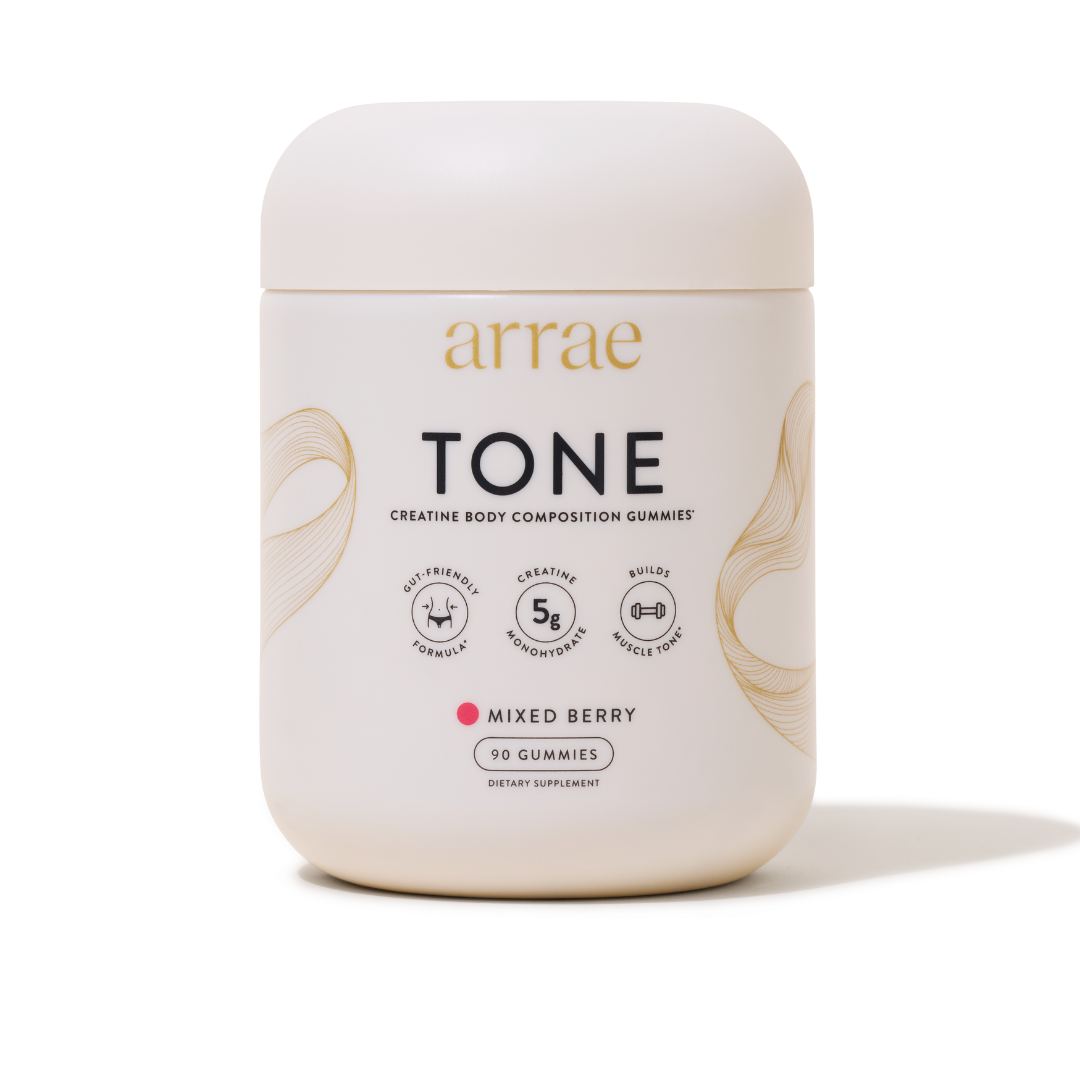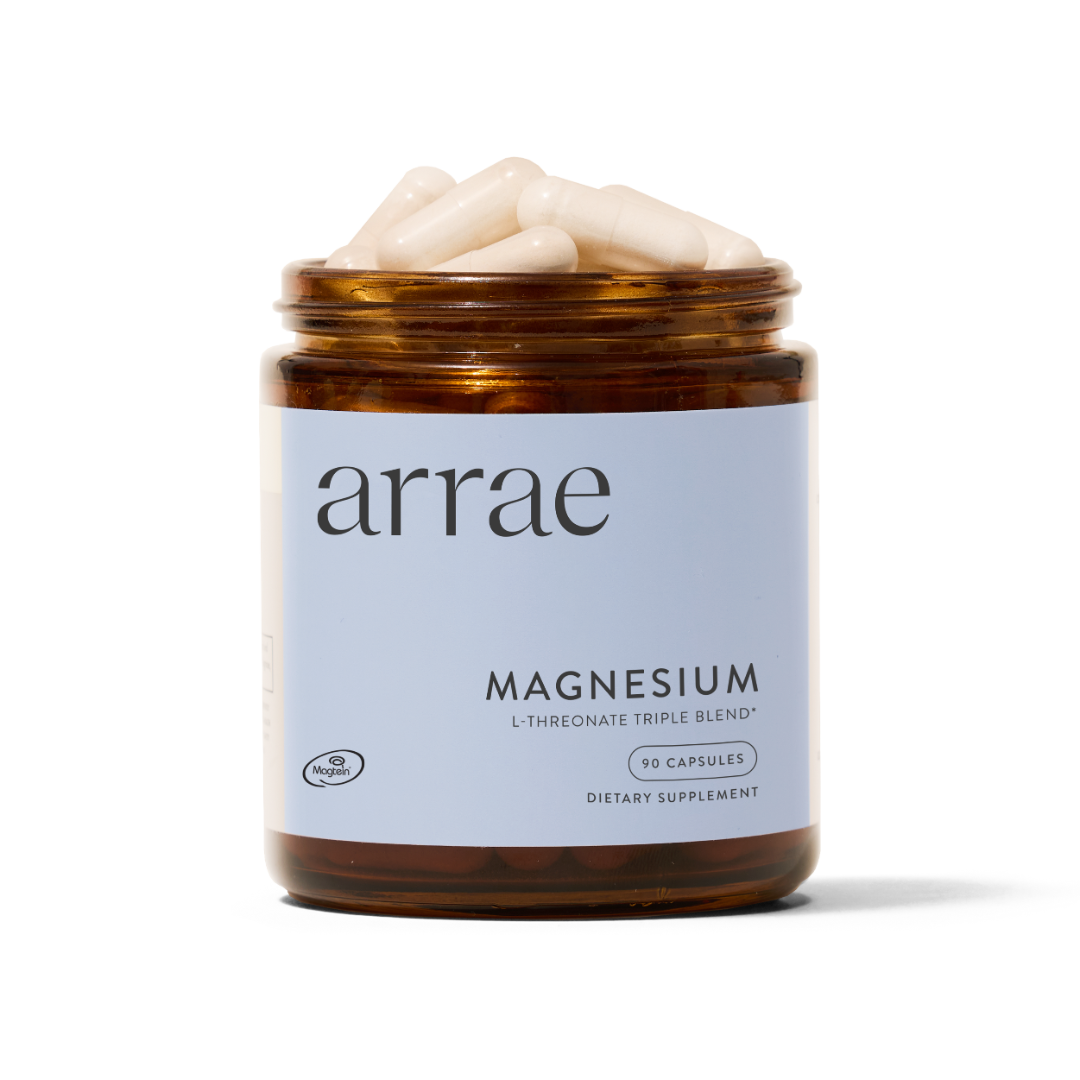Vitamin D, the wonder vitamin! You have likely heard some of the many health-related claims surrounding vitamin D. Some of these assertions are true but many need more research to solidify their validity. Regardless of the hype, vitamin D has been proven to be beneficial for a variety of health concerns.
Interestingly, vitamin D isn’t actually a vitamin. It is a prohormone, or a precursor to hormone formation. It is converted by the kidneys into a usable form for our bodies and helps to regulate blood calcium levels and the immune system. Vitamin D3, also known as cholecalciferol, is found in small amounts in certain foods including fatty fish, dairy and eggs but most of our body’s useable vitamin D comes from the sun or other sources of UV light. Clothing and sunscreen can inhibit the conversion of sunlight into useable vitamin D in our bodies, making it possible to have a sub-optimal vitamin D level even if you spend time outdoors.
Vitamin D is required for bone mineralization by regulating the balance of calcium and phosphorus levels in the body. It is necessary for normal bone development and maintenance. Severe deficiency of vitamin D can lead to the development of rickets in children and osteomalacia, or softening of the bones, along with muscle weakness and pain, in adults.
Vitamin D also plays a role in the health of our immune system. Evidence suggests that vitamin D can enhance our innate immunity, or our body’s first response to fighting off foreign pathogens, and inhibit the development of autoimmune diseases such as multiple sclerosis and rheumatoid arthritis. On the flip side, vitamin D deficiency is associated with increased incidence of autoimmunity and infections such as the common cold and influenza.
Interestingly, there is both an increased prevalence of and an earlier age of onset of multiple sclerosis (MS) in areas of low sun exposure and/or higher latitude, such as the cloudy Pacific Northwest in the U.S. More research is needed at this time, but this finding suggests that low vitamin D status may contribute to triggering the autoimmunity seen in MS.
As I mentioned before, your geographical location can put you at increased risk for vitamin D deficiency. Latitude, altitude and the presence of clouds and/or pollution can influence how much vitamin D your body is able to absorb and convert to a usable form. Clothing and sunscreen also decrease vitamin D absorption. Sunscreen with SPF 10 reduces UVB ray absorption by 90%!
Low vitamin D levels have also been correlated with mood disorders including depression. The tricky thing here is deciphering if this is simply a correlation or if it is a causation. In other words, are low levels of vitamin D causing depression or are people who are depressed more likely to have low vitamin D levels because they are not getting outside, eating healthy or taking care of themselves? Vitamin D regimens are commonly recommending as part of a treatment regimen for individuals suffering from depression as many people have insufficient levels of vitamin D and it is a cost-effective treatment with a low side-effect profile.
The body’s ability to absorb and metabolize vitamin D depends on a variety of factors including age, genetic variations and kidney and gut health. Older individuals have a decreased ability to synthesize vitamin d in addition to being more likely to stay indoors and use sunscreen when outside. People with chronic kidney disease or inflammatory bowel disease, such as Crohn’s disease, are at increased risk of vitamin D deficiency. Common variations in genes involved in cholesterol synthesis, certain enzymatic reactions and vitamin D transportation in the body have also been associated with low vitamin D levels.
Vitamin D is fat soluble, meaning it is possible that it can accumulate in the body and cause toxicity if too much is ingested. For this reason, I recommend patients have their vitamin D levels checked with a blood test both at baseline and in 3-4 month increments during supplementation.
Vitamin D3 is the most commonly recommended form of vitamin d for supplementation. Current research suggests that vitamin D3 is the most effective form of the vitamin in raising the body’s vitamin D stores. Recently, many functional medicine practitioners have begun recommending vitamin D3 and vitamin K-2 combination supplements due to evidence that suggests that these two vitamins have a synergistic effect in promoting bone and cardiovascular health when used together. I recommend always speaking with your trusted healthcare provider before starting any new supplement and/or herbal regimen to ensure it will be safe and effective for you!
References:
- Vitamin D. Linus Pauling Institute: Oregon State University. https://lpi.oregonstate.edu/mic/vitamins/vitamin-D#calcium-balance
- Gaby, Alan, M.D. Nutritional Medicine, 2nd Edition. 2017.
- Aranow, Cynthia M.D. Vitamin D and the Immune System. J Investig Med. (2011) August (59)6: 881-886.






















 Instagram
Instagram TikTok
TikTok Youtube
Youtube Facebook
Facebook Email
Email